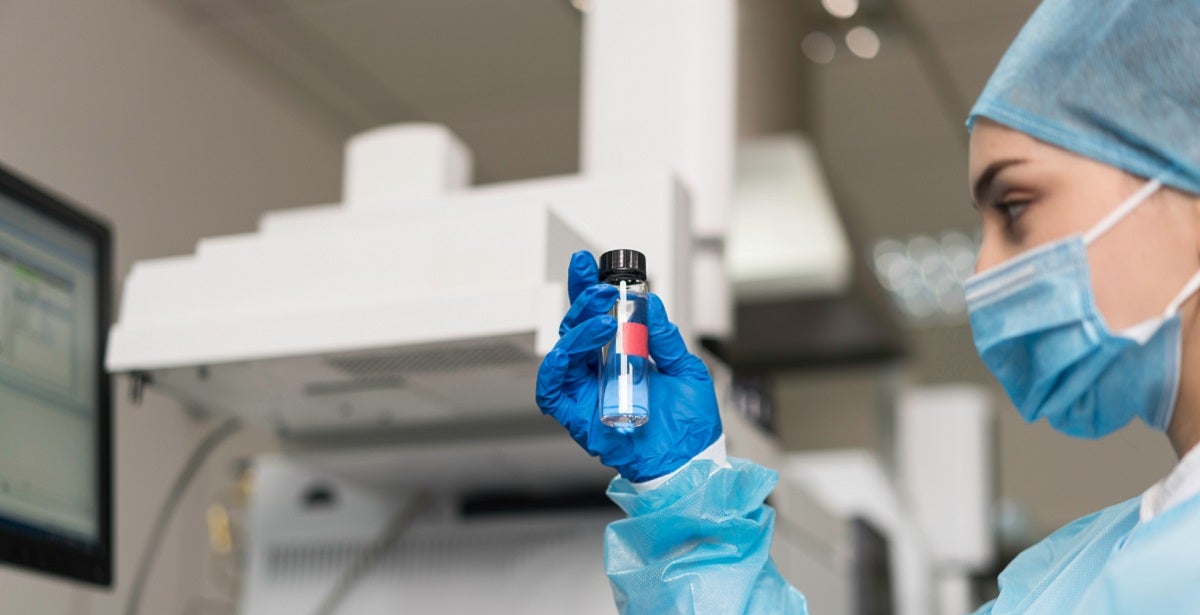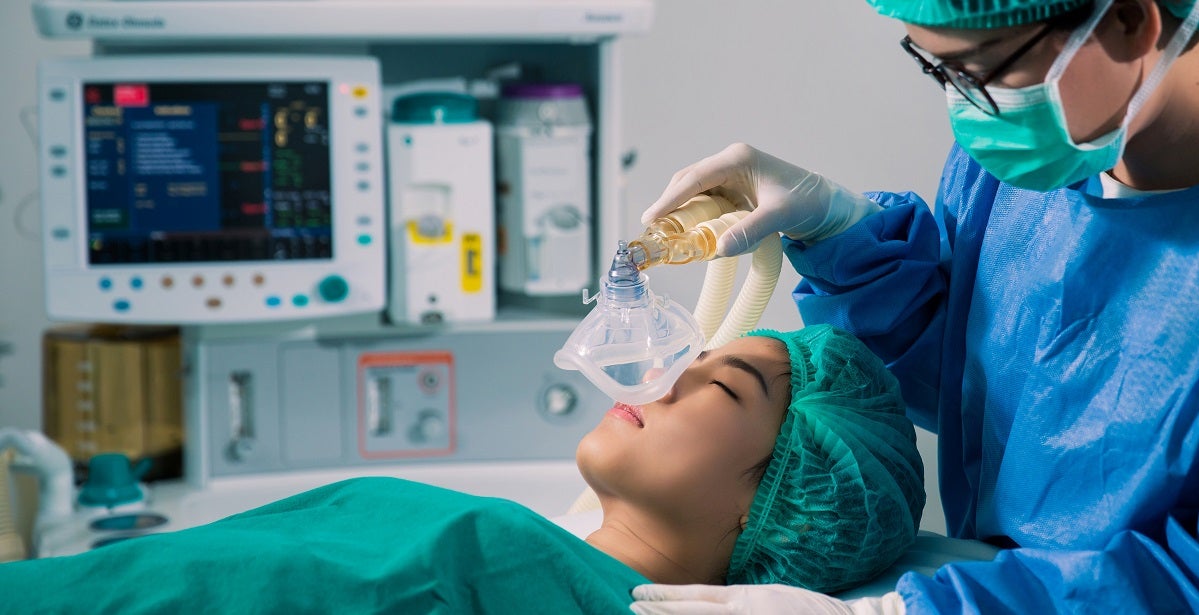Nursing specialties can involve a focus on specific types of patients, disorders, or areas of health. Pediatric endocrinology sits at the crossroads of two focuses: pediatrics, a branch of medicine that involves the medical care of infants, children, and adolescents, and endocrinology, the branch of biology and medicine focusing on the endocrine system. To learn more about pediatric endocrinology nursing, click here.
Nurse researchers are trained to study different aspects of healthcare, disease, and treatment. The main goal of the nurse researcher profession is to improve policies and protocols within the healthcare industry to improve patient outcomes. Thanks to the hard work performed by nurse researchers, the medical field continues to improve and evolve to provide patients with the best care possible.
Two of the most common educational paths within the nursing profession include an MSN and a DNP. Both MSN and DNP programs come with their own advantages and disadvantages, particularly in regard to the length, curriculum, and the career opportunities each path has to offer. Learn about the difference between the two here.
Nursing is one of the most flexible and diverse career paths a person can pursue. For those with an interest in research to advance the nursing profession, being a nurse researcher is a great option. This guide will break down what you need to know about becoming a nurse researcher.
Here, we’ll be talking about what it takes to become a women’s health nurse practitioner (WHNP). From education to finding employment—and everything in between—this article is designed to give you a step-by-step guide through the entirety of this career path.
Working as a psychiatric nurse practitioner is rewarding, interesting, and incredibly unique. Developing a career in mental health is perfect for nurses who want to widen their scope of care and expand their knowledge of the human mind. As with any nursing specialty, though, you’ll need to complete certain educational and training requirements before you can earn this title.
If you enjoy working with children, collaborating with nursing and medical staff, and managing a variety of responsibilities simultaneously, a career as a pediatric clinical nurse specialist may be a good fit. A clinical nurse specialist (CNS) is an advanced practice registered nurse (APRN). This type of nurse has in-depth education and clinical experience in pediatrics and works to improve patient outcomes and empower staff through education.
An advanced practice registered nurse, otherwise known as an APRN, is a nurse who has earned at least a master’s degree in nursing and has received their certification. These advanced practice nursing professionals typically specialize in one area of nursing, which allows them to gain increased responsibility and independence within their practice. Learn more here.
Nurse practitioners (NPs) are a type of advanced practice registered nurse (APRN) who provide holistic care. Curious in learning more about a career as a nurse practitioner? Read our guide, where we cover nurse practitioners’ areas of focus, responsibilities, and career paths.
Psychiatric mental health nurse practitioners (PMHNP) dedicate their lives to helping patients challenged with mental health disorders or substance abuse disorders. If you want to learn more about what it means to be a psychiatric-mental health NP, read here.











